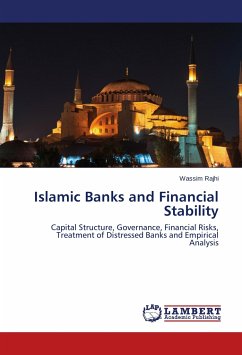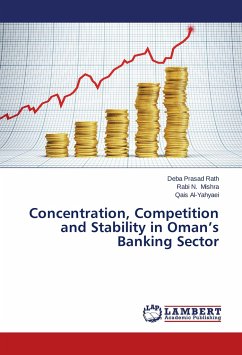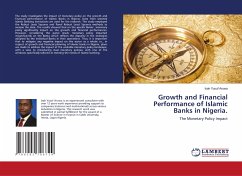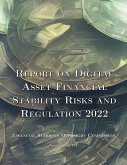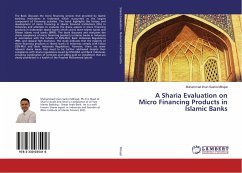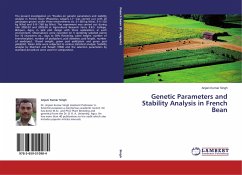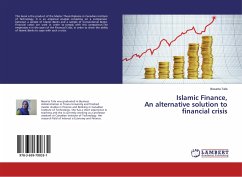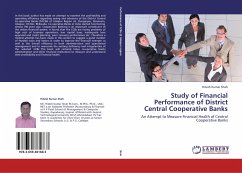The international financial crisis naturally prompts the question of whether Islamic banks are robust and resilient or may be swept into crisis by a global wave and if so through what channels. This book considers channels through which the world financial crisis would affect Islamic banks, their features that may help contain it and those that may foster post crisis recovery in a dual banking system. The relative financial strength of Islamic and conventional banks is assessed empirically based on evidence covering individual banks in 16 banking systems. The z-score has become a popular measure of bank soundness (Boyd and Runkle, 1993; Maechler, Mitra, and Worrell, 2005; Beck and Laeven, 2006; Laeven and Levine, 2006; Hesse and ihák, 2007, 2008; Mercieca, Laeven and Levine, 2009; Beck; Demirgüç-Kunt and Merrouche, 2010). With a robust and quantile estimation model, the empirical analysis explores causes of insolvency risk in Middle East and North Africa (MENA) and Southeast Asian countries, by controlling for various factors, bank-by-bank data, macroeconomic and other system-wide indicators. Our sample covers 467 conventional banks and 90 Islamic banks for the period 2000-2008.
Bitte wählen Sie Ihr Anliegen aus.
Rechnungen
Retourenschein anfordern
Bestellstatus
Storno

